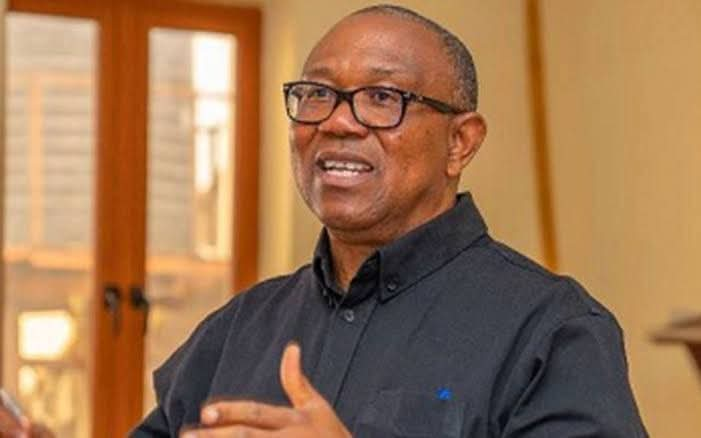I deleted old posts criticising Peter Obi because of increasing toxicity on social media atmosphere—BudgIT Founder, Seun Onigbinde
Seun Onigbinde, co-founder of BudgIT, has responded to social media scrutiny over the deletion of his old tweets that criticised former Anambra State Governor and presidential candidate, Peter Obi.
Some of the now-deleted posts, dating as far back as 2015, resurfaced recently, with critics sharing screenshots and questioning his apparent shift in stance after later endorsing Obi’s presidential run.
However, Onigbinde maintained that he doesn’t owe anyone an explanation for editing or removing his past statements.
“To those suggesting I’ve been deleting tweets, I simply say this: I don’t owe you that explanation, nor do I have the time or interest to engage in such distractions,” he stated.
He attributed the deletion to the increasingly toxic atmosphere on social media, especially Twitter (now X), where he said nuanced discussions are often lost in black-and-white thinking.
“Sadly, the nature of discourse on social media—especially Twitter (X)—often swings in a binary fashion: ‘you’re either with us or against us.’ But it doesn’t have to be that way.”
Onigbinde revealed that the rising tide of personal attacks pushed him to restrict access to his account:
“I decided to protect my tweets following a coordinated wave of falsehoods, personal insults, and even curses directed at me.”
Addressing the notion that he may be trying to hide or revise his opinions, he clarified:
“If I find a tweet that lacks context or no longer serves clarity, I’m happy to remove it. That doesn’t change my lifelong commitment to public accountability—a principle I believe remains one of the strongest levers for a better society.”
Onigbinde also expressed concern about the evolution of X into a hostile environment dominated by misinformation and aggressive engagement:
“X has sadly become a poisoned well, where anonymity, monetized virality, and troll farms work together to tear down honest voices and raise toxicity.”
In a broader message to Nigerian youth, he encouraged critical thinking and respect for diverse viewpoints.
“My hope for younger Nigerians is to resist the harmful stereotypes that shrink their worldview and undermine their potential. I have been shaped by friendships and support from people across faiths, races, and genders.”
He concluded with a firm stance on setting digital boundaries:
“If you don’t follow my work in BudgIT, Tracka, or Ogbomoso but choose to show up with vile commentary, chances are you’ve already been muted or blocked. These are not acts of malice—they’re simply boundaries.”




